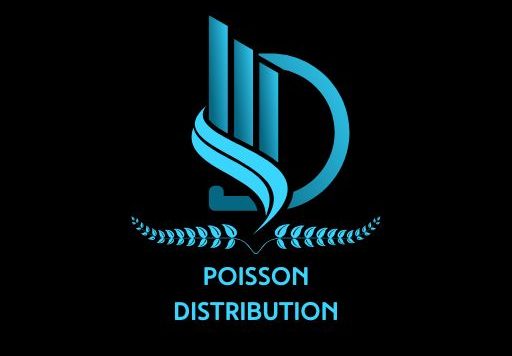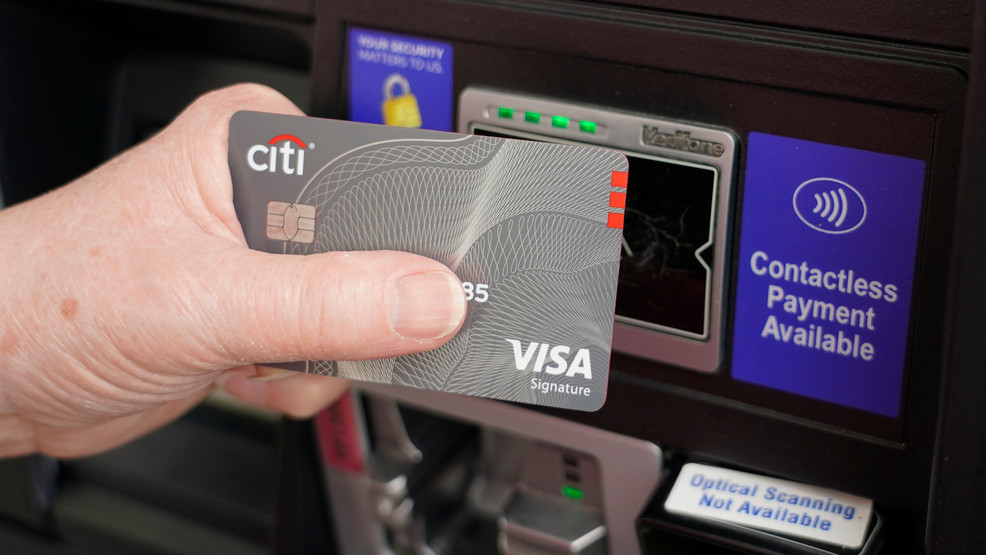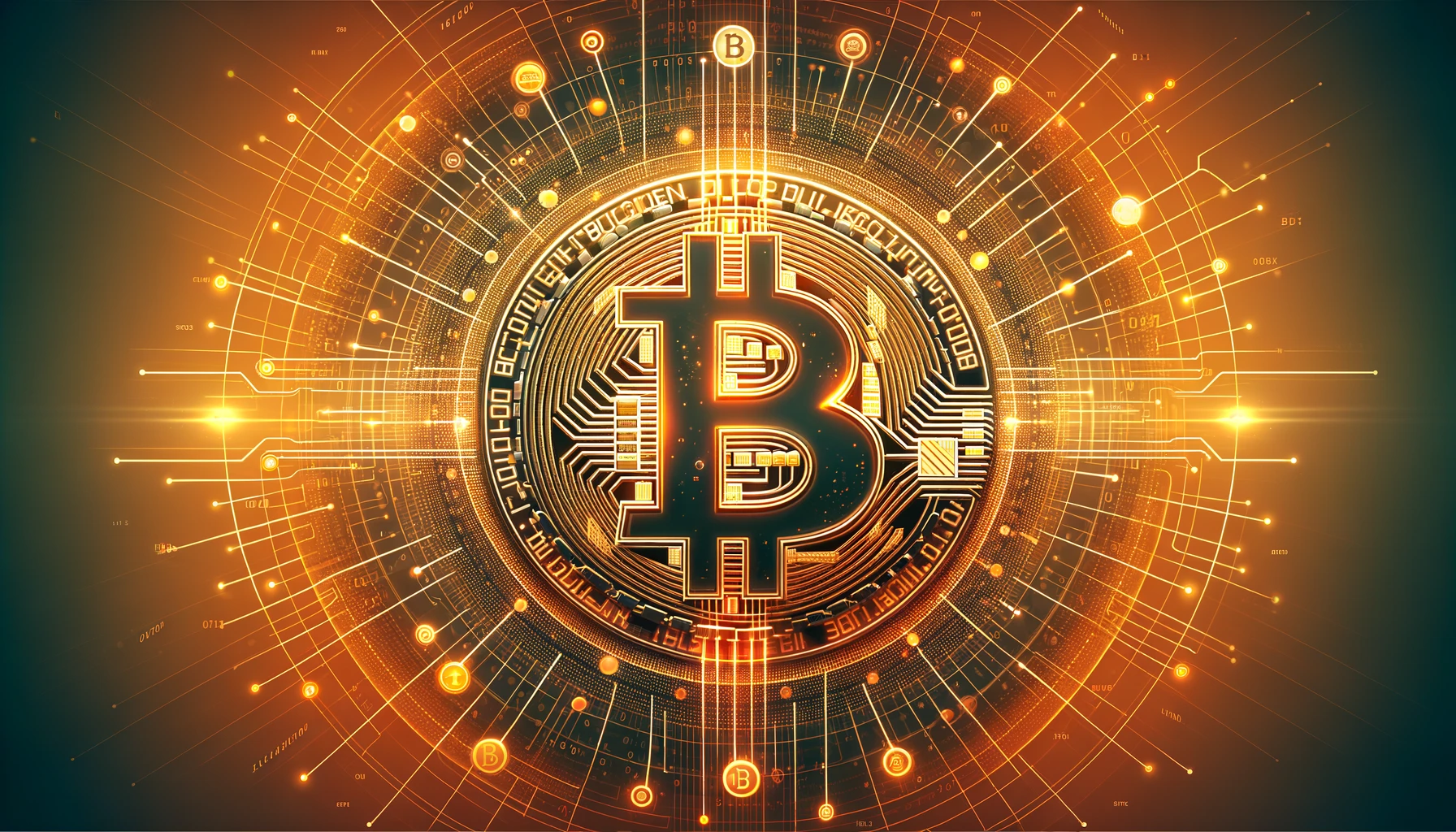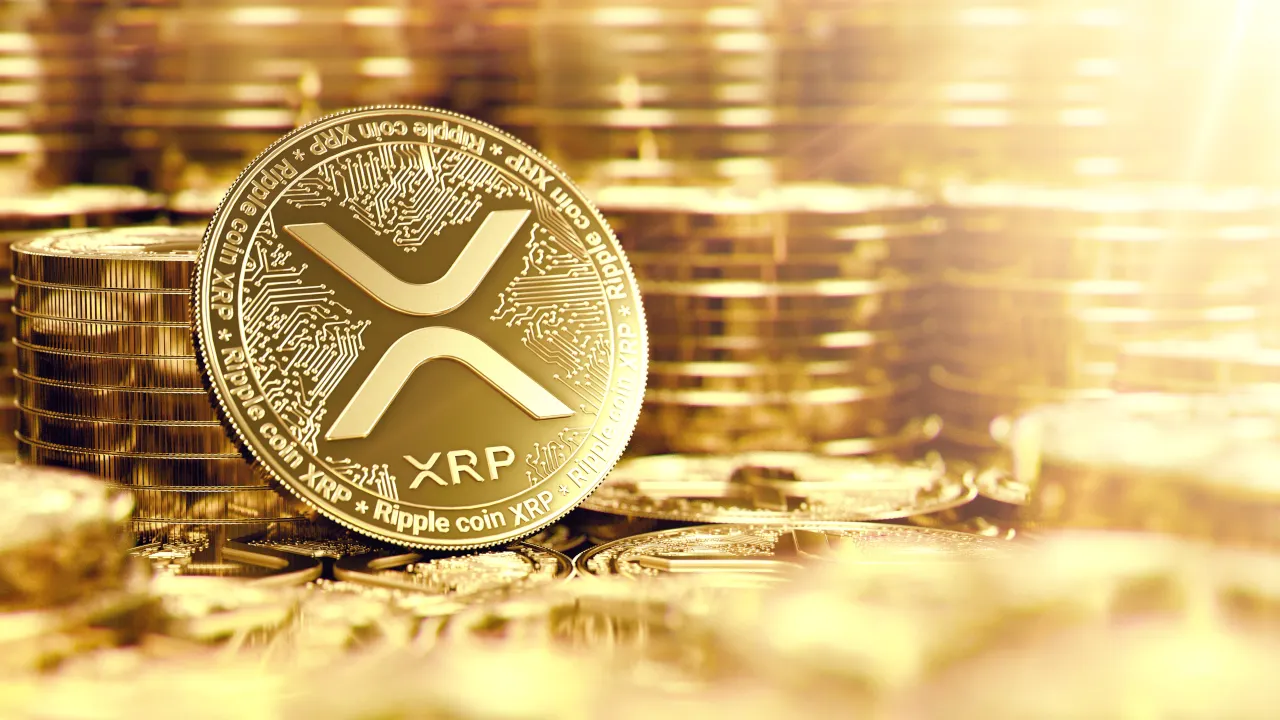- Grab High Savings Rates While You Can After the Fed’s Rate Cut. Today’s Savings Rates, Dec. 19, 2024
- Filipino caregivers in Korea struggle with high costs, low savings
- IRS raises 401k contribution limit to $23,500 for 2025, boosting retirement savings
- Casetify offers big savings post-Christmas
- New year, new savings—Microsoft Visual Studio Pro is at its lowest price EVER! ($30)
(TNND) — Borrowers could see some relief this year, though interest rates aren’t likely to fall substantially.
Bạn đang xem: What to expect for mortgages, car loans, credit cards and savings
And it could still be a good time for returns on savings, despite the falling rates.
Bankrate published a 2025 interest rate forecast this week from Chief Financial Analyst Greg McBride.
“The reality of it is interest rates are going to be higher than what we had experienced for the better part of 15 years prior to 2022,” McBride said Friday.
Federal Reserve policymakers ratcheted up their benchmark interest rate 11 times between 2022 and 2023 as a lever to tame rising consumer prices coming out of the pandemic.
That benchmark interest rate, called the federal funds rate, rose to a range of 5.25% to 5.5%, where it stayed for over a year.
Inflation cooled enough to allow the Fed to start moving interest rates in the other direction, with three cuts since September.
McBride expects another three interest rate cuts in 2025, which will bring the benchmark rate down to a range of 3.5% to 3.75%.
That benchmark rate influences interest rates consumers are more familiar with, such as credit card interest rates and car loans.
But even with three more rate cuts, McBride expects the Fed’s key rate to hold at the highest point since 2008.
“The Fed came in on the ground floor, took the elevator to the 55th floor, and now they’ve been taking the stairs coming down,” he said. “And they’re not coming all the way back down.”
Interest rates stayed low in the aftermath of the Great Recession because economic recovery, though sustained, was sluggish, McBride said.
The snapback was much more rapid following the pandemic recession, with the economy and consumers flush with stimulus.
“Of course, we also saw a spike in inflation, and so the Fed had to respond to that by raising interest rates aggressively,” McBride said.
Housing affordability has been a big issue for a lot of folks over the last few years.
Xem thêm : Earn More Than 10X the National Average With These Accounts. Today’s Savings Rates, Dec. 30, 2024
Home buyers have been dealing with both rising house prices and higher mortgage rates.
The 30-year fixed-rate mortgage held below its peak of the post-pandemic era (8.01% in October 2023) last year but still spent half of the year above 7%, according to Bankrate.
McBride expects mortgage rates will settle into the mid-6% range by the end of 2025.
“But that’s the end-of-the-year point,” he said. “I think it’s going to be a volatile year.”
McBride doesn’t expect mortgage rates to go below 6% at any point in 2025.
Will home buyers be disappointed?
“I think it depends on your perspective,” McBride said. “If you’re anchoring to the 3% and 4% rates that we had seen up until a few years ago, then yes, you are going to be disappointed. Because we’re not going back to those levels.”
But he said housing inventory levels are improving, giving buyers more options and helping to keep some buyers out of the bidding wars they dealt with even when mortgage rates were lower a few years ago.
“Those low mortgage rates weren’t terribly helpful if you couldn’t find a home to buy,” he said.
Home equity loans and home equity lines of credit are both expected to fall, but they are no longer the lower-cost way of borrowing some people came to expect.
“Homeowners are sitting on more equity than ever, but it’s going to be costly to borrow against it,” McBride said.
McBride predicts that the average home equity loan rate will fall about half a percentage point from its year-end level (to 7.9%), and the average home equity lines of credit rate will fall 1.11 percentage points from its year-end level (to 7.25%).
Credit card interest rates should fall a bit, but they’re still going to remain close to 20%, McBride said.
“And if you have credit card debt, take advantage of those 0% and other low-rate balance-transfer offers,” he said. “That’s going to be the best way to give yourself a runway where you can get that debt paid off once and for all. Trying to pay down that debt with interest rates at 20% is like peddling into a really stiff headwind. But if you can lock in an 18- or 21-month period with 0% interest, now you’ve got the wind at your back when it comes to getting that debt paid off once and for all.”
Credit card debt is typically the highest-cost debt that households have. McBride said paying it down should be a priority.
Car shoppers didn’t see much improvement from loan rates last year, McBride said.
Xem thêm : Trust Bank launches automated Savings Pots for interactive saving
Rates will get a little bit better this year, he said.
Five-year new car loan rates are projected to fall to 7% from 7.53%.
But McBride warned that, “That isn’t going to make an unaffordable car affordable.”
Bankrate said new vehicle prices have surged about 20% since early 2020, while used vehicles went up almost 25%.
The real problem is the high prices, McBride said.
The average amount being financed for a car is now $38,000, he said.
Make sure your credit is in good shape to get the best rate you can, but shopping for a cheaper vehicle is going to have a bigger impact on your wallet.
People still have time to make money off their savings.
“It may seem counterintuitive to talk about rates coming down and (then) say it’s going to be a good year for savers. But it’s going to be a good year for savers if you have your money in the right place,” McBride said.
Most banks are still paying low rates, many of them below 1%, he said.
That’s not where you want to have your money, McBride said.
“Look to the most competitive online savings accounts, money markets and CDs,” he said. “And if you do, you’re going to continue to find yields that outpace inflation throughout the year. So, even as interest rates come down, you’re still going to be earning more than inflation if you’ve got your money in the most competitive offers.”
Where will the typical American family feel the Fed’s actions the most?
The wider economy will offer those “touchpoints,” McBride said.
People will feel a rise in unemployment if the economy slows and the Fed doesn’t cut rates quickly enough, he said.
Or they’ll feel the impact of continued inflation if the Fed cuts rates too fast, he said.
“You don’t buy a house every year. You don’t buy a car every year. But you pay the rent every month. You go to the supermarket every week,” McBride said.
Nguồn: https://poissondistribution.lat
Danh mục: News





